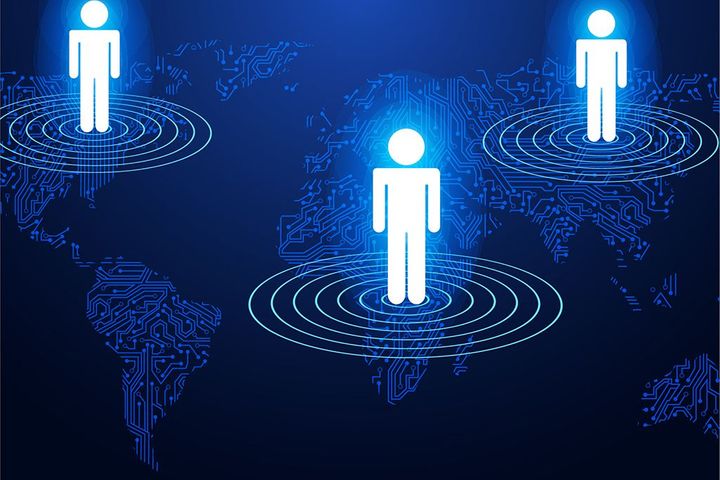 Data Quality Remains Key as Tech Giants Scramble for Position in AI Medical Imaging Market
Data Quality Remains Key as Tech Giants Scramble for Position in AI Medical Imaging Market(Yicai Global) Aug. 29 -- Chinese and foreign tech giants are all intensifying their efforts to establish a presence in medical imaging, a field where artificial intelligence (AI) is most likely to be first commercialized.
The healthcare arms of Intel Corp. [NASDAQ:INTC], Alibaba Group Holding Ltd. [NYSE:BABA] and Tencent Holdings Ltd. [HK:0700] have all unveiled their respective AI+medical imaging products.
"AliHealth will use medical imaging as an opening for introducing medical AI products by combining market demand with its own technical advantages," Fan Yi, AliHealth's senior architect, told Yicai Global. "With high-performance computing environment, cloud platforms and deep learning techniques, AliHealth unveiled an AI-assisted medical product dubbed 'Doctor You' last month, whose computed tomography (CT) pulmonary nodule smart detection engine is the first medical product to which AliHealth has applied the AI technology."
Tencent also set up an AI medical imaging lab this month, whose first AI medical imaging product dubbed 'Tencent Miying' can be used for the early screening of diseases such as esophageal cancer.
"AI algorithms are already quite mature, with growing computing power. Data support provides a good foundation for applying AI technology," Li Yadong, general manager of health and life sciences at Intel Asia-Pacific, told Yicai Global. "Patients are willing to go through medical imaging detection, which charges high fees. All this provides a basis for innovating the entire business model including payment."
"Compared with manual image reading, AI+medical imaging is more accurate and efficient in detecting diseases. Machine image reading is stable and accurate," Li said. "We find that in many cases, AI-assisted image reading is more accurate than reading by a radiologist with several years of work experience. For example, a radiologist with 10 to 15 years' experience at a top domestic hospital can achieve an accuracy rate of around 75 percent in reading ultrasound images of thyroid nodules, while our AI-assisted product can achieve a rate of more than 85 percent. And that number is still on the rise."
"However, for the time being, AI just plays an assisting role in diagnosis by doctors," said Qiu Ming, head of the Department of Minimally Invasive Surgery at Shanghai Changzheng Hospital. "AI+medical imaging can help improve the accuracy of clinical diagnosis and help in the early detection and diagnosis of diseases. It is replacing doctors in some respects, but cannot fully replace them."
"With respect to the future, AliHealth hopes to expand its presence in both the business and the consumer fields. We hope to achieve breakthroughs in dealing with common and chronic diseases in the consumer field and to develop medical research Big Data platforms, health cloud services and block chain technologies to help improve medical efficiency in the business field."
"Breakthroughs in AI mainly depend on algorithms, computing power and data," Li told Yicai Global. "AI algorithms are already quite mature, with growing computing power. Data has thus become the most important factor, and data quality is key to whether machines can learn efficiently."
"Hospitals do not have a sophisticated data sharing mechanism yet as they are unwilling to share their data with others and deem such data their own property," said Kang Jingbo, director of the Radiotherapy Department and the Gamma Knife Radiotherapy Center at the Navy General Hospital.
"Data privacy and application scope must also be considered. How to share data under a reasonable framework is crucial," Li said.
"Though medical AI enjoys promising prospects, we still need to work hard to achieve its commercialization," Fan concluded.